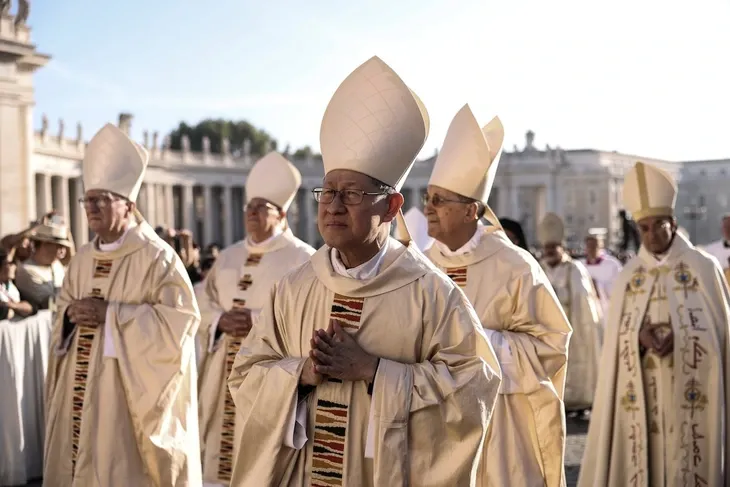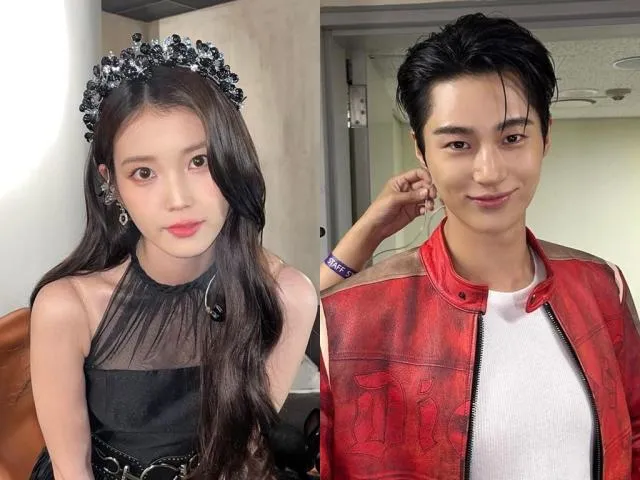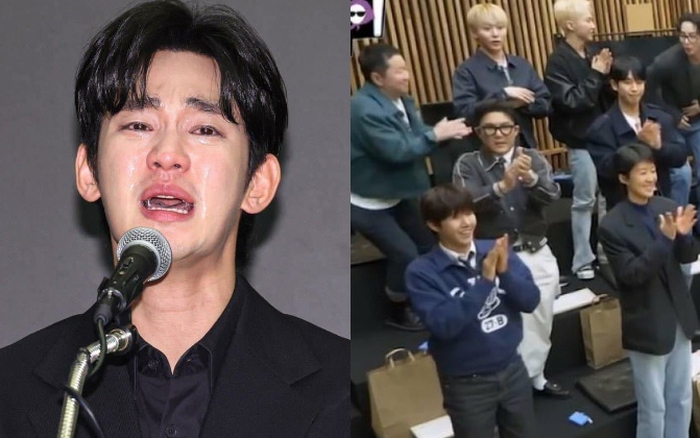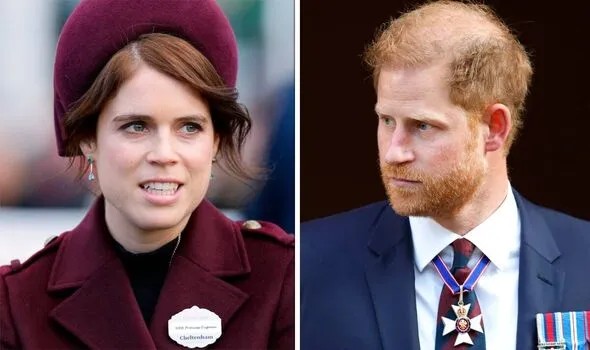Cardinal Luis Antonio Tagle of Philippines emerges as top contender in Vatican conclave after Pope Francis’s death
21st April 2025 – (Vatican City) The Catholic Church stands at a crossroads as cardinals from around the world prepare to gather in Vatican City for a conclave that will determine the next leader of 1.37 billion faithful. The death of Pope Francis today has set in motion a process steeped in centuries-old tradition, with the College of Cardinals tasked with selecting a successor who will either continue Francis’s progressive reforms or steer the Church toward a more conservative path.
Among the leading candidates is Cardinal Luis Antonio Tagle of the Philippines, currently the betting favourite at 3:1 odds. At 67, Tagle is seen as a natural successor to Francis, having championed inclusion and evangelization while serving as prefect of the Congregation for the Evangelization of Peoples. His election would signal continuity with Francis’s vision, particularly in engaging the rapidly growing Catholic populations of Asia and the Global South.
Another strong contender is Cardinal Pietro Parolin, the Vatican’s Secretary of State, who holds 4:1 odds. With decades of diplomatic experience, including delicate negotiations with China and Middle Eastern governments, Parolin represents stability and institutional continuity. His moderate theological stance could appeal to cardinals seeking a balanced approach—one that preserves some of Francis’s reforms while easing tensions with conservative factions.
From Africa, Cardinal Peter Turkson of Ghana emerges as a compelling candidate at 5:1 odds. A prominent voice on social justice, climate change, and economic inequality, Turkson would make history as the first African pope in over 1,500 years. His election would underscore the Church’s shifting demographics, where growth in Africa contrasts with declining influence in Europe and North America.
On the conservative side, Cardinal Peter Erdő of Hungary (6:1) and Cardinal Angelo Scola of Italy (8:1) represent a potential return to doctrinal traditionalism. Erdő, a respected canon law scholar, has emphasized theological orthodoxy and resistance to progressive reforms, while Scola, a veteran papal contender, appeals to those favoring a centralized Church hierarchy. Both would mark a significant departure from Francis’s decentralized governance and outreach to marginalized communities.
The conclave itself will unfold under intense scrutiny, with cardinals sequestered in the Sistine Chapel until a two-thirds majority agrees on a new pope. The process, marked by secret ballots and the iconic white smoke signal, follows a 15- to 20-day mourning period. Behind the scenes, factions will debate fiercely—between reformers advocating for greater transparency and conservatives wary of diluting Catholic identity.




![[Exclusive] Family of Late Actress Sulli: "We Want Kim Soo-hyun and Lee Sa-rang to Speak Out About Sulli's Intimate Scenes in Real" [Exclusive] Family of Late Actress Sulli: "We Want Kim Soo-hyun and Lee Sa-rang to Speak Out About Sulli's Intimate Scenes in Real"](https://i-1.cybergalleria.com/uploads/images/tinymce-uploads/20250328/487159938_1695784327985064_3441197945740293465_n-1743150173-q80.webp)